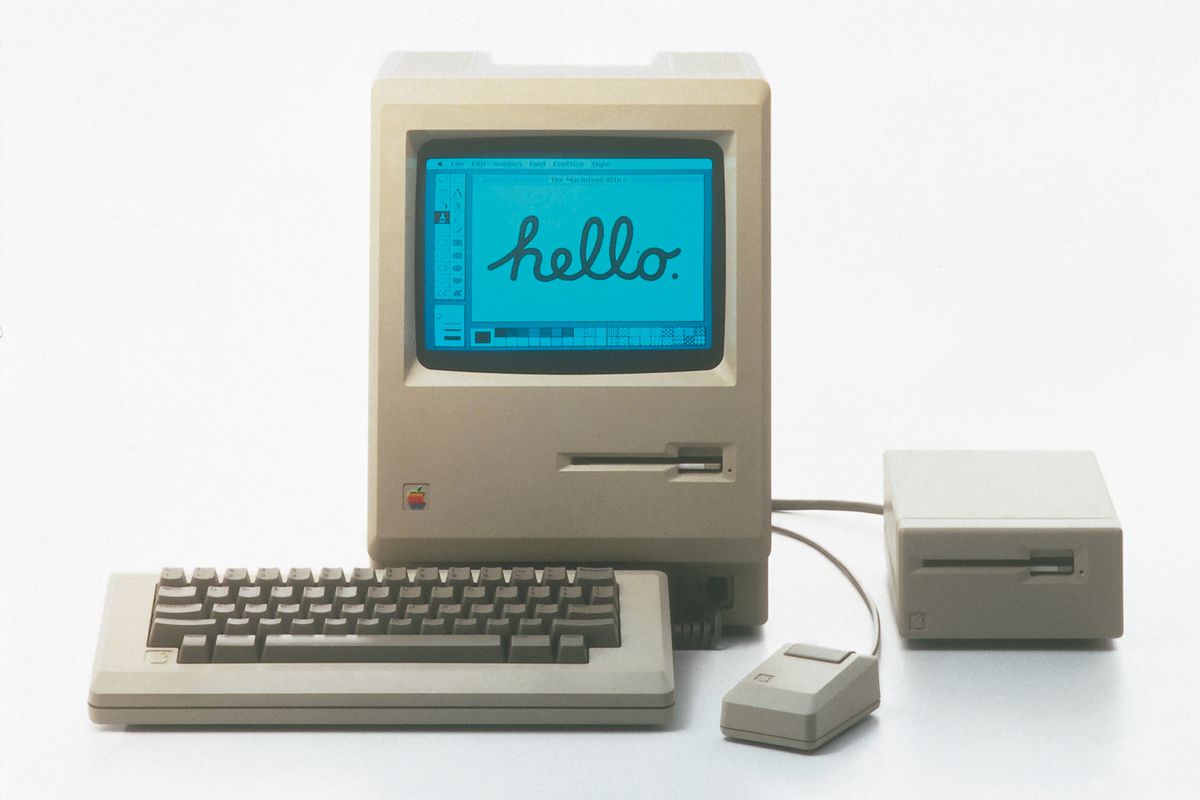Congrats on beginning a fascinating journey into a world of endless possibilities! Here are some recommendations to help you get started and build a solid foundation:
1. Understand the Basics of Hardware and Software:
- Learn about the fundamental components of a computer such as the CPU, RAM, hard drive, and motherboard.
- Understand the difference between hardware (physical components) and software (programs and applications).
More about the difference between hardware and software
2. Explore Operating Systems:
- Familiarize yourself with different operating systems like Windows, macOS, and Linux.
- Learn basic operations such as navigating the file system, managing files and folders, installing software, and customizing settings.
What the heck is operating system?
3. Introduction to Programming:
- Start learning a programming language like Python, which is beginner-friendly and widely used.
- Focus on understanding basic programming concepts such as variables, data types, control structures (if-statements, loops), functions, and basic algorithms.
4. Online Resources and Courses:
- Take advantage of free online resources and courses such as Codecademy, Coursera, edX, and Khan Academy.
- YouTube tutorials and blogs can also provide valuable insights and step-by-step guides.
5. Practice with Projects:
- Apply what you learn by working on small projects. For example, create a simple calculator, build a basic website, or write a script to automate a repetitive task.
- Projects help reinforce your understanding and allow you to see how different concepts come together in real-world applications.
6. Networking and Hardware Basics:
- Learn about computer networking basics, including how the internet works, IP addresses, DNS, and basic network troubleshooting.
- Understand basic hardware concepts such as how to upgrade RAM, install a graphics card, or troubleshoot common hardware issues.
7. Stay Curious and Explore:
- Computers and technology evolve rapidly, so stay curious and explore new topics and advancements.
- Follow tech blogs, news websites, and podcasts to stay updated on the latest trends and developments in the field.
8. Join Communities and Seek Mentorship:
- Join online forums, programming communities (like Stack Overflow), and local tech meetups.
- Seek mentorship from more experienced individuals in the field who can provide guidance and advice based on their own experiences.
9. Develop Problem-Solving Skills:
- Computing often involves troubleshooting and solving problems. Practice breaking down problems into smaller parts and finding solutions step-by-step.
10. Have Patience and Perseverance:
- Learning computers can sometimes be challenging, but remember that persistence and patience will pay off.
- Don’t be afraid to make mistakes—they are opportunities to learn and improve.

